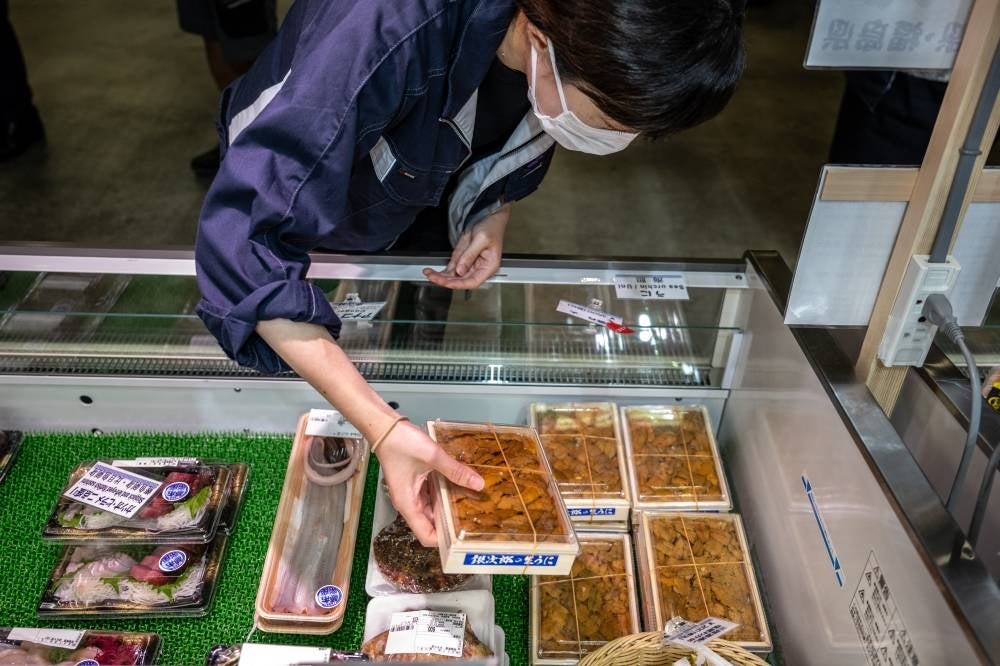Japanese Embassy to ensure correct understanding of Fukushima water discharge

KUALA LUMPUR - The Japanese Embassy in Malaysia will continue to ensure a correct understanding of the discharge of treated radioactive water from the Fukushima Daiichi nuclear power plant into the ocean and to provide information on the safety of Japanese food and exports.
First Secretary Yosuke Kurotani said this is to ensure that Japanese restaurants disseminate their cuisines’ safety as they promote their businesses amid the current concerns about the release of the advanced liquid processing system (ALPS) treated water.
"While we haven’t heard of any serious delay or impediment to Japanese food exports into Malaysia at this moment, we will keep a close eye on this issue with a high level of interest,” he told Bernama in an interview.
Based on Japan’s Finance Ministry trade statistics, exports of agricultural, forestry, fisheries and food products into Malaysia totalled 8.8 billion yen (RM280 million) between January and June 2023 and 23.4 billion yen (RM741 million) for the whole of 2022.
Its top five exports to Malaysia in 2022 comprised alcoholic beverages at 1.5 billion yen (RM46 million), powdered milk (1.4 billion yen / RM46 million), beef (1.3 billion yen / RM43 million), wheat flour (1.2 billion yen / RM38 million), and rapeseed and mustard oil at 0.9 billion yen / RM29 million.
Japanese exports of seafood and processed seafood products - excluding ornamental fish - to Malaysia totalled 3.5 billion yen (RM111 million) in 2022.
"At the same time, the dissemination of claims without scientific evidence causes unfounded anxiety and exacerbates reputational damage against Japanese food,” he said.
"We have been providing information and explanations to the Malaysian government regarding the discharge of ALPS-treated water into the sea,” Kurotani said.
He said the embassy will continue to provide information based on scientific evidence in a sincere and transparent manner.
Based on Tokyo Electric Power Company Holdings’s (TEPCO) website, the ALPS-treated water will be repurified until it fully satisfies safety standards - other than tritium - before its discharge.
TEPCO is the operator of the Fukushima nuclear power plant which was hit by a massive tsunami in 2011.
As for radioactive material tritium, it is discharged into the sea after being diluted with seawater, at a concentration level of below 1,500 becquerels per litre (Bq/L), below the Japanese government safety regulations limit of 60,000 Bq/L and the World Health Organisation’s (WHO) drinking water quality guidelines of 10,000 Bq/L.
The Japanese government and TEPCO are conducting multiple rounds of monitoring.
Japan released treated radioactive water from the Fukushima power plant on Aug 24, which resulted in China, Hong Kong and Macao banning imports of Japanese seafood
Malaysia is constantly monitoring the impact of the release on food safety. - BERNAMA










